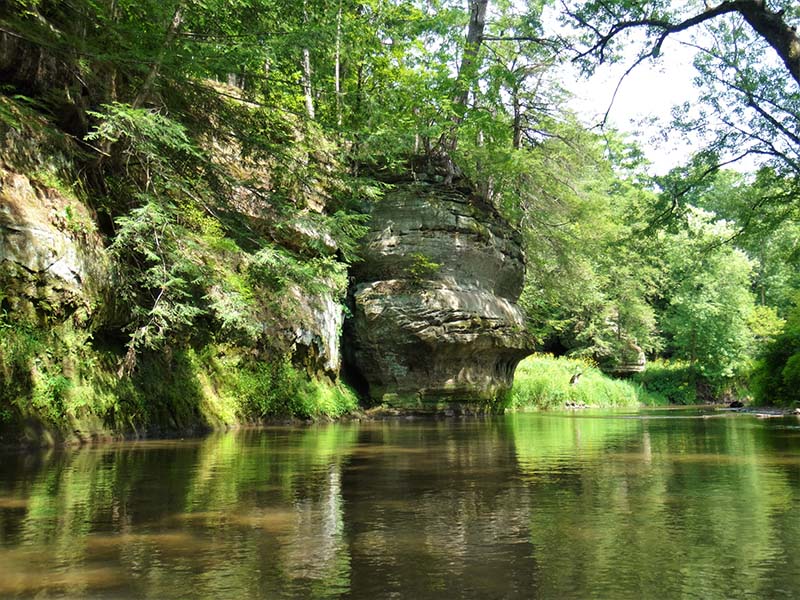For those applying for CHE research or travel awards, here’s a non-exhaustive list of some ideas for how you might conduct research in line with CHE’s environmental mission.

Do you have plans …
To limit the use of resources such as paper, electricity, plastics, or non-reusable/non-recyclable products?
- Think about what needs to be printed.
- Is it possible to reduce electricity use for office and lab spaces?
- If you will conduct experiments, can you design those experiments in such a way as to limit the use of resources?
To prioritize environmentally responsible means of transport and/or limit travel?
- Can you employ non-carbon-intensive means of transport, such as walking, bicycle, EV, or (non-air) public transport?
- While working in some research venues might require use of air travel, is it possible to limit the number of plane journeys or choose flight options with fewer connections?
- If working with a research group, think about which members of the team need to go on a given trip.
If working in the field, to limit disruption to ecosystems and/or their constituents?
- While it’s impossible ever to leave a given place exactly how we found it, how can we interact with our environments with a view to that ideal?
- How can we avoid having a deleterious impact on the places that we are researching or on the humans and nonhuman organisms that depend on them?
- Think how our interactions with a given space affect the environments of our community partners and/or the environmental choices open to them.
When applying for a CHE award, bear in mind that your commitment to environmentally responsible research might encompass both the project for which you are applying and your general research practices.
Also, we’d love to hear from you at che@nelson.wisc.edu regarding your ideas for:
- Guidelines for environmentally responsible research.
- Examples of environmentally responsible research, including research that you have conducted.